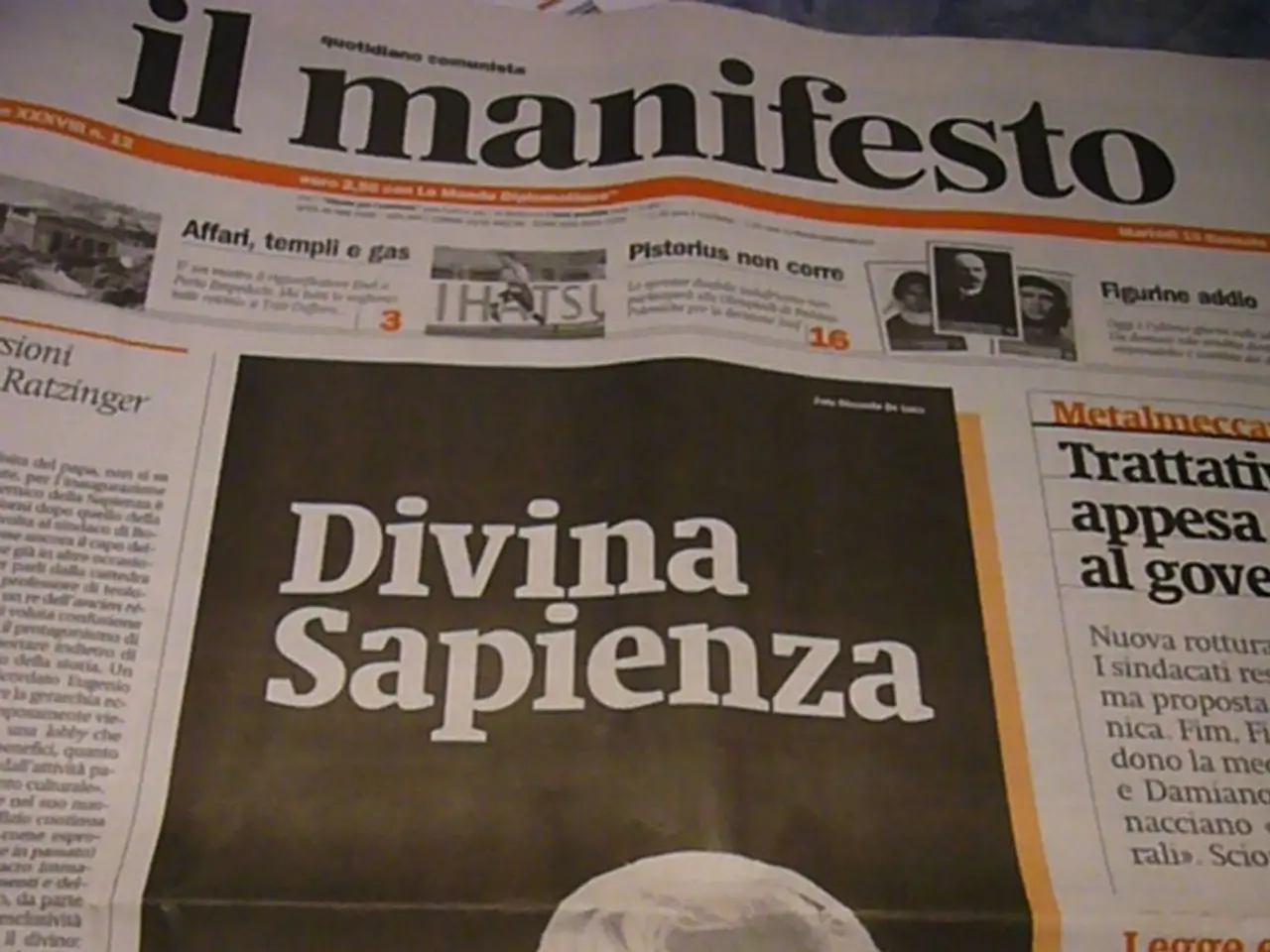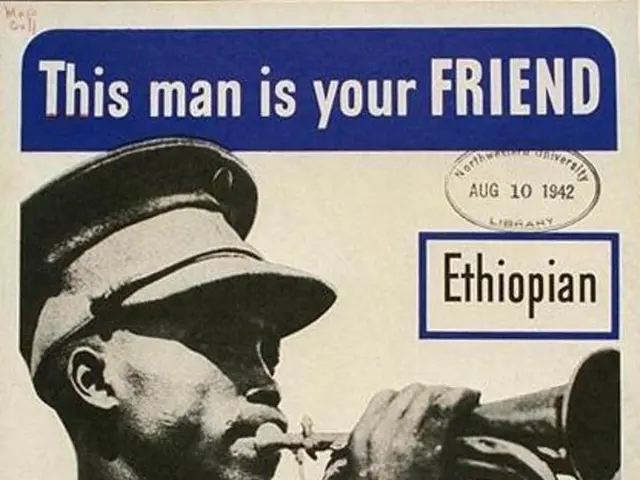Journalists in the United States Adhering to an Implicit Understanding Regarding Topics to Avoid Reporting On
In the realm of journalism, a growing concern is the impact of Non-Disclosure Agreements (NDAs), self-censorship, and professional norms on the transparency and accountability of the press. These factors, while seemingly innocuous, have the potential to shape what information can be shared and how stories are reported.
NDAs, often used in business or employment contexts, legally bind journalists to confidentiality, limiting what they can disclose about employers or subjects. These binding obligations can lead to a chilling effect, with journalists potentially avoiding investigating or disclosing information covered by NDAs.
Self-censorship in journalism arises when journalists voluntarily limit their reporting to avoid repercussions such as legal threats, loss of employment, or damage to professional relationships. This can be influenced by NDAs or by informal professional norms that prioritize maintaining access to sources or industry relationships over full disclosure.
Professional norms in American journalism also play a significant role. These norms include ethical standards about accuracy, fairness, and confidentiality, but they may also promote restraint in reporting sensitive information, especially if revealing it could lead to legal or economic consequences. While such norms uphold journalistic integrity, they can sometimes conflict with the public’s right to know.
Together, these factors can lead to constraints on press freedom even in democratic societies like the U.S., where direct government censorship is less common compared to authoritarian regimes. NDAs, along with self-censorship driven by fear of legal risks or professional repercussions, and prevailing journalistic norms, thus impact the scope and depth of American journalism.
The path forward for American journalism requires a recommitment to the fundamental principles of journalism: speaking truth to power, giving voice to the voiceless, and fearlessly pursuing stories that matter. This includes recognizing and resisting the subtle forces of censorship, whether they come in the form of legal documents, economic pressures, or professional norms.
Civil rights organizations are stepping up to defend journalists' right to speak, pushing back against non-compete agreements that stifle dissent not just by editorial policy, but by economic necessity. As the public relies on journalists to uncover the truth and hold those in power accountable, it is crucial that these barriers to free expression are addressed.
In conclusion, the influence of NDAs, self-censorship, and professional norms on American journalism is a complex issue that requires careful consideration. These factors shape what information can be shared and how stories are reported, potentially limiting the transparency and accountability functions of the press. It is essential that journalists, civil rights organizations, and the public at large work together to protect the freedom of the press and ensure that the truth can be told without fear or favor.
References: 1. The Chilling Effect of Self-Censorship on American Journalism 2. The Impact of Non-Disclosure Agreements on Journalism 3. The Role of Non-Competes in Journalism
NDAs, often used in various contexts, can legally bind journalists, leading them to avoid investigating or disclosing information covered by these agreements, thereby potentially limiting what stories can be reported in the realm of politics and general news. Self-censorship in journalism can arise from the fear of legal risks or professional repercussions, influencing journalists to voluntarily limit their reporting, which can impact coverage of conflict and other sensitive issues.







